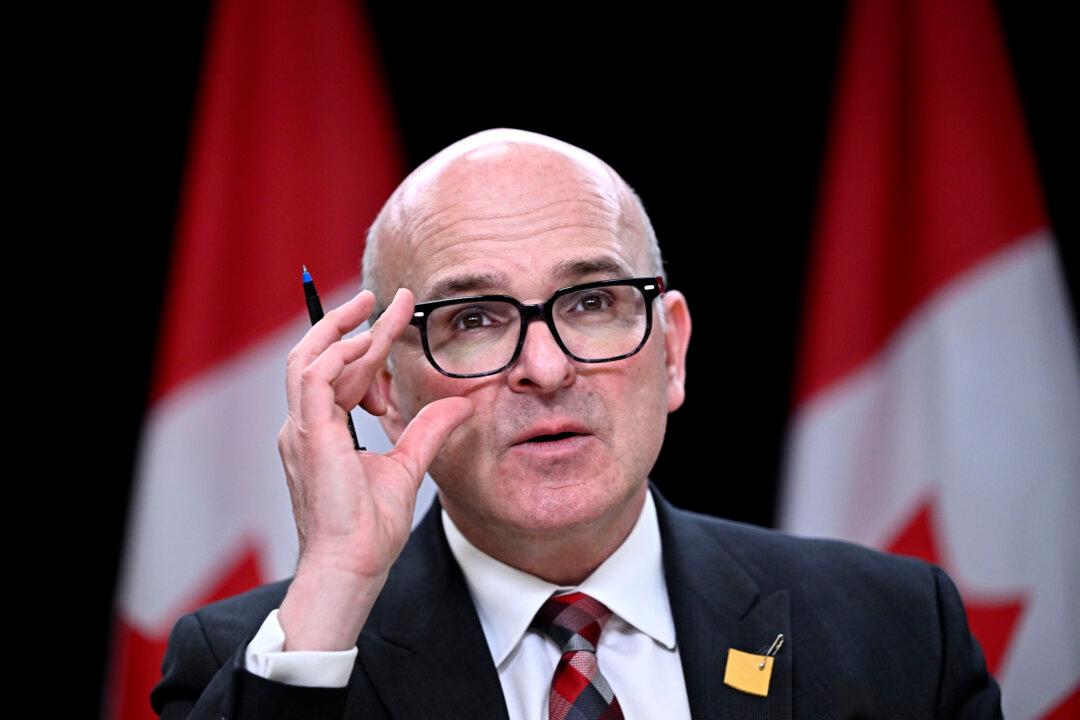Employment Minister Randy Boissonnault has apologized following scrutiny over inconsistencies in his claims of indigenous heritage.
Speaking to reporters in Edmonton on Nov. 15, the minister said he’s sorry for “not being as clear” as he could have been about his family’s indigenous heritage, and said he asked the Liberal Party to correct the record in references that referred to him as indigenous.





